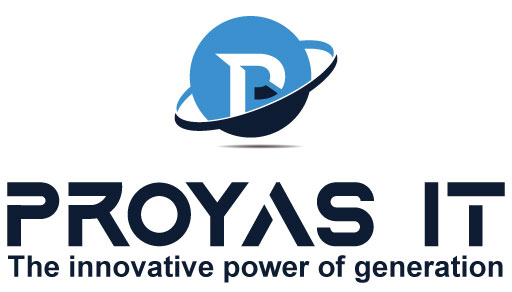// Accounts & Inventory Management Software
Accounting and inventory management software are essential tools for businesses to manage their finances and stock effectively.
Accounting Software
Bookkeeping: Automatically recording financial transactions.
Invoicing: Creating and sending invoices to customers.
Expense Tracking: Monitoring and categorizing expenses.
Payroll: Managing employee wages and tax deductions.
Reporting: Generating financial reports for analysis and decision-making.
Tax Preparation: Assisting with the calculation and filing of taxes.
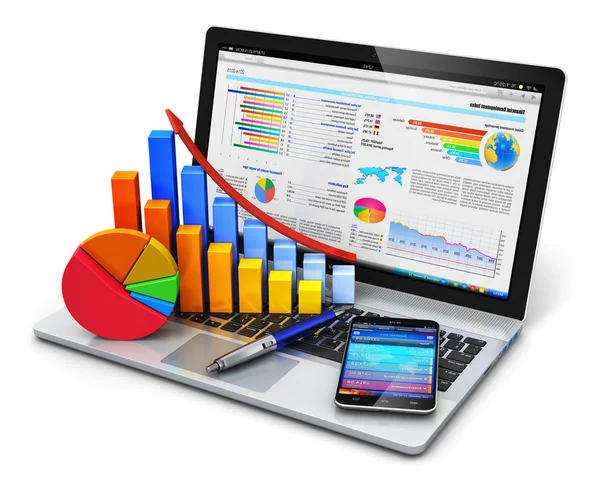
Application Features
Comprehensive Features of Our Accounting Software
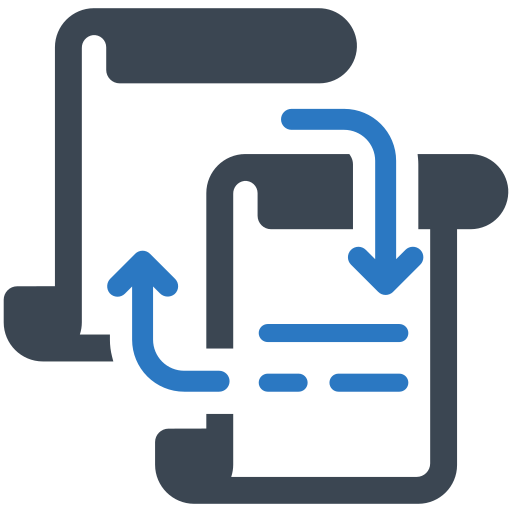
General Ledger

Accounts Payable

Sales Management

Purchasing

Financial Reporting

Payroll Management

Financial Reporting

Payroll Management

SALES AND ACCOUNTS RECEIVABLES
Sales: The process of selling goods or services to generate revenue. It involves activities such as lead generation, customer engagement, and closing deals.
Accounts Receivables: The money owed to a company by its customers for products or services that have been delivered but not yet paid for. This includes issuing invoices, tracking payments, and managing collections.
Efficiently managing both ensures a steady cash flow and financial stability for a business. If you need more details on any specific aspect, feel free to ask!
INVENTORY AND STOCKS
Inventory: Refers to the goods and materials a business holds for the purpose of resale or production. This includes raw materials, work-in-progress items, and finished products. Efficient inventory management ensures that there is enough stock to meet customer demand without overstocking.
Stocks: Often used interchangeably with inventory, stocks generally refer to the actual items or products available for sale or use. It encompasses all the items a business keeps on hand to ensure smooth operations and to meet customer needs.
Effective management of both inventory and stocks is crucial for minimizing costs, meeting customer demand, and ensuring the smooth operation of business processes. If you’d like to dive deeper into any specific aspect, just let me know!

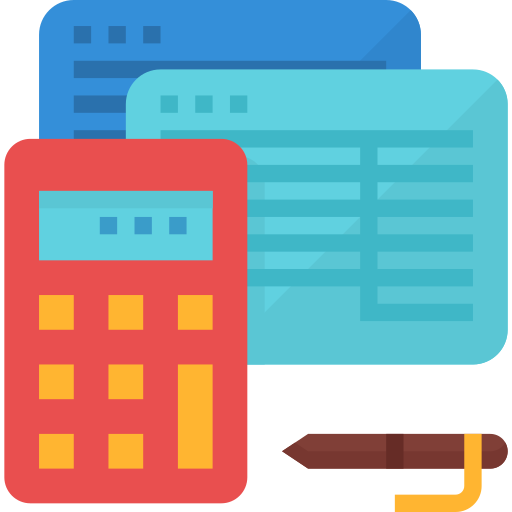
GENERAL LEDGER
The General Ledger (GL) is the main accounting record of a business. It captures all financial transactions in various accounts such as assets, liabilities, equity, revenues, and expenses. Each transaction is recorded in a way that debits and credits always balance, providing a complete picture of the company’s financial health. The GL is essential for creating financial statements like the balance sheet and income statement. Efficient management of the GL ensures accurate financial reporting and compliance with accounting standards.
ACCOUNTING SOFTWARE REPORTS
- Print, Email and Convert into PDF; all the reports
- Export the reports in MS Excel/Open Office Calc format
- Generate reports on periodic and financial years basis
- Email documents directly to customers
- Make graphical analysis (Horizontal/Vertical Bars, Dot Lines, Pies and Donuts)
- Tag and save report selections. Accounting & Inventory Software Modules
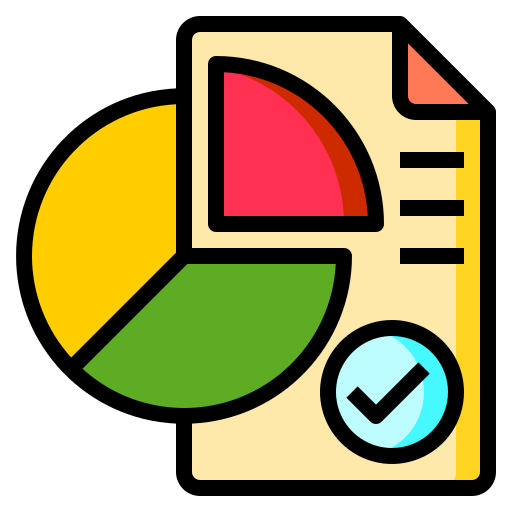
Need Help?
Frequently Asked Question
Accounting software is a type of computer application designed to help businesses manage their financial transactions and processes. It provides tools to handle tasks such as bookkeeping, accounting, and financial reporting. Here are some of the main features and benefits.
Efficiency: Saves time and reduces manual effort by automating routine tasks.<br>
Accuracy: Minimizes errors in financial records.<br>
Compliance: Helps ensure compliance with tax laws and accounting standards.<br>
Data Security: Protects sensitive financial information with encryption and other security measures.<br>
Scalability: Can grow with the business, supporting more complex financial needs over time.<br>
Integration: Often integrates with other business systems like CRM, ERP, and inventory management systems.<br>
Bookkeeping: Automates the recording of financial transactions, including sales, purchases, receipts, and payments.<br>
Invoicing: Helps generate and manage invoices, track payments, and handle accounts receivable.<br>
Expense Tracking: Monitors and categorizes business expenses for better financial control.<br>
Payroll Management: Calculates employee wages, taxes, and other payroll-related expenses.<br>
Financial Reporting: Generates essential reports like income statements, balance sheets, and cash flow statements.<br>
Tax Management: Assists in tracking tax liabilities and preparing tax returns.<br>
Budgeting and Forecasting: Helps plan and manage budgets, and forecast financial performance.<br>
Multi-Currency Support: Manages transactions in different currencies, useful for businesses with international operations.
Yes, accounting software is highly beneficial for small businesses. It helps in maintaining accurate records, simplifying tax filings, and improving cash flow management.
Most accounting software providers offer high-level security measures, including data encryption, secure user access controls, and regular backups to protect sensitive financial data.

